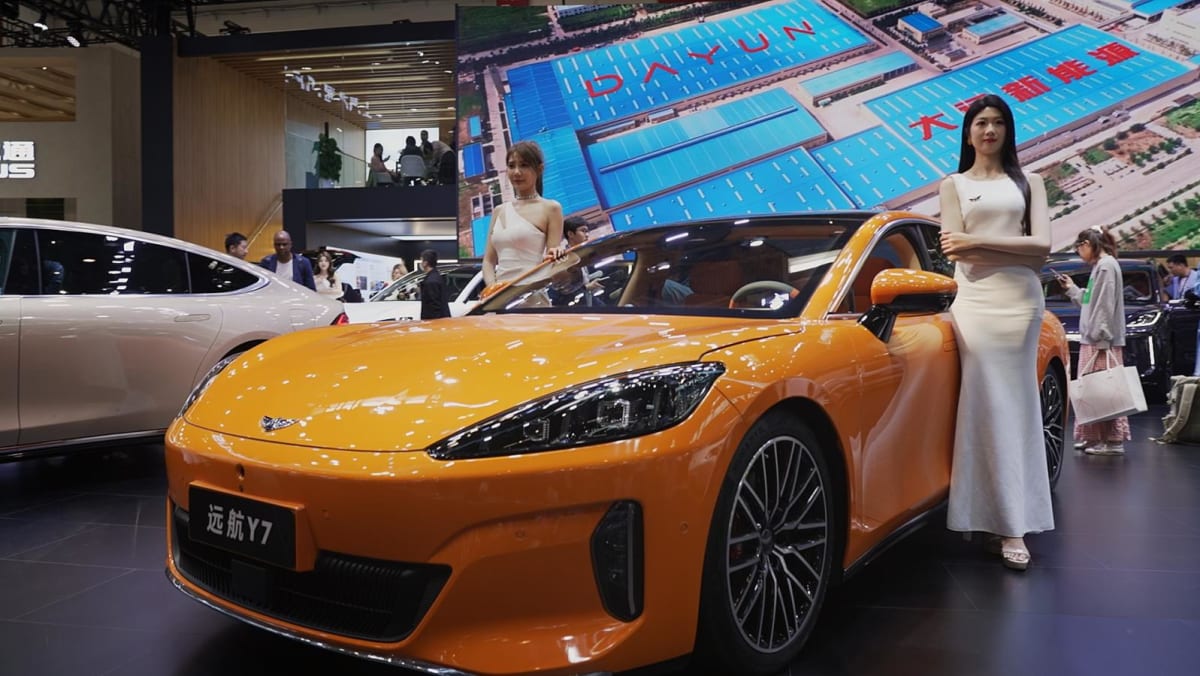Why the West fears massive job losses because of China’s clean tech prowess

SINGAPORE: In recent weeks, leaders of the United States, France, Germany and other G7 countries have sounded the alarm bells about overcapacity in the Chinese economy in three areas: electric vehicles (EVs), solar panels and batteries.
In response, Chinese President Xi Jinping says overcapacity does not exist. What is at stake for China and the West?
The European auto industry is facing pressure from China’s EVs. While many consumers in Europe are buying EVs, it is Chinese brands that are gaining traction with their features and lower retail prices.
At the same time, several car factories have shut in Europe, and thousands of job cuts have been announced. This includes the following:
• In February last year, car maker Ford Motor said it would axe 3,800 jobs in Europe.
• Last June, Swedish car parts manufacturer Autoliv said it would cut 8,000 jobs, mainly in Europe.
• In October, Germany’s Volkswagen said it would cut 2,000 jobs in its software unit, Cariad.
• In November, French tyre maker Michelin said it would cease operations at three sites in Germany by the end of next year, affecting more than 1,500 jobs.
• This January, automotive supplier Bosch said it would cut 1,200 jobs in its software development division by the end of 2026.
• In March, car maker Stellantis confirmed it was signing deals on at least 2,500 voluntary layoffs in Italy. This, after it announced last June its plans to close a 40-year-old plant in Austria, impacting 300 jobs.
WATCH: Is China’s high-tech ‘overproduction’ killing jobs in the West? (46:48)
Related
ForexLive European FX news wrap: Euro stays buoyed, markets wait…
Headlines:Markets:EUR leads, AUD lags on the dayEuropean equities lower; S&P 500 futures up 0.1%US 10-year yields down 2.7 bps to 4.255%Gold up 0.4% to $2,9
European shares fall as tariff uncertainties weigh; US jobs data…
(Reuters) - European shares fell on Friday as frequent shifts in U.S. trade policy throughout the week resulted in risk aversion, while focus remained on th
US economy added 151,000 new jobs in February; Euro on…
US jobs report releasedNEWSFLASH: Hiring across the US economy picked up slightly at the start of Donald Trump’s second term in office.The US economy added 15












